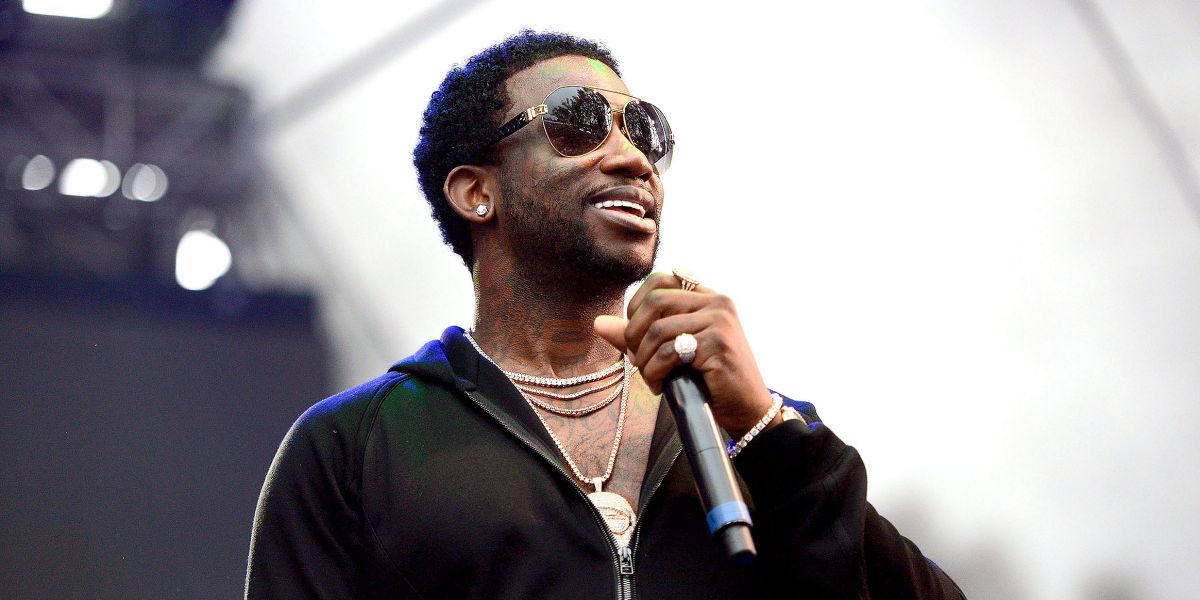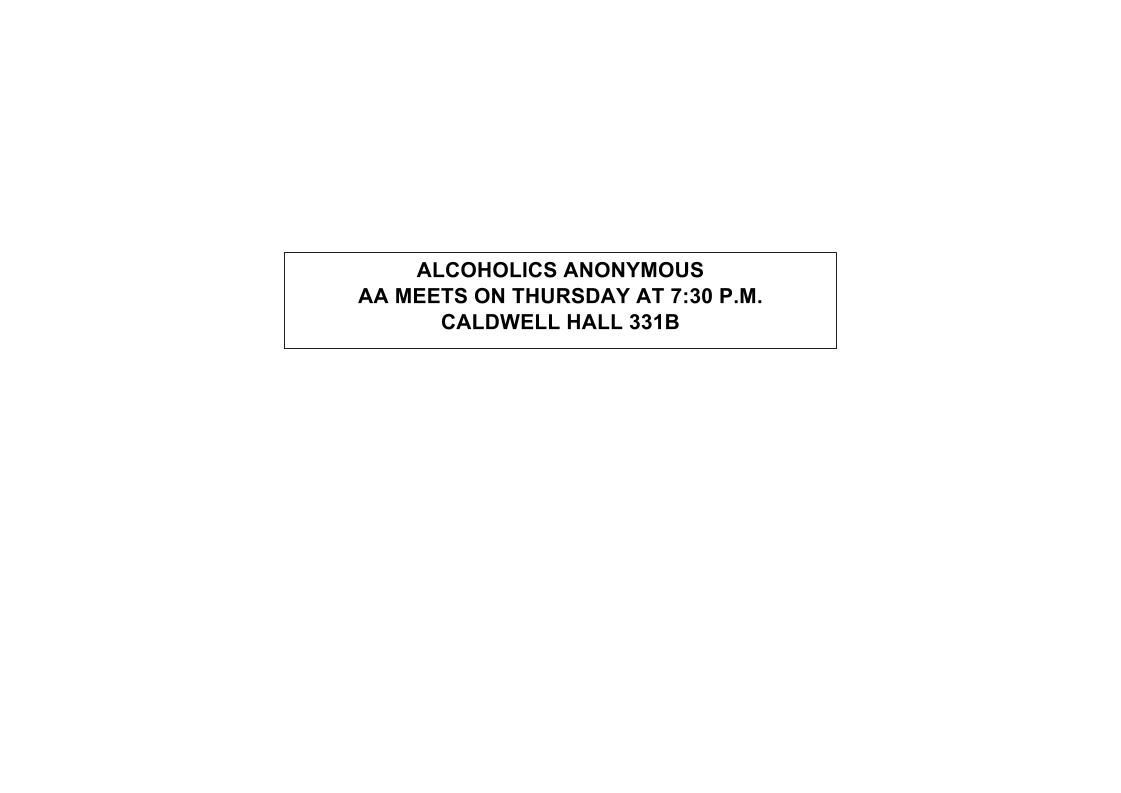The Autobiography of Gucci Mane Review

By Jared Prenda
I had been a fan of Gucci since I was 15 years old when my friend played the Atlanta rapper’s 2nd album Hard to Kill on a bus ride home from a high school football game. I fell in love with his nasally delivery, hard trap beats, and the even harder lyrics. You can imagine how excited I was when I came home last Thursday with the last copy of his memoir, The Autobiography of Gucci Mane, which I knew would provide insight into the controversial rapper’s complex life.
Going into it, however, I knew I was not going to get every nitty detail of the life of Radric Delantic Davis, Gucci’s legal name. Laflare rarely speaks about his personal life, so I knew I wasn’t going to hear all the details of when he was a hustler or every painstaking detail behind every song. There are multiple occasions in the book where Gucci even says there are some things that he simply can’t talk about. Despite this we do get a look into the mind of Guwop (another moniker used by Gucci and his fans), especially into his various run-ins with the law, beefs with other rappers, his relationship with his wife Keyshia Ka’oir, and most importantly his addiction to lean, a street drug made by combining the cough medicines promethazine or codeine with soda or another sweet beverage.
The book goes into details about his feelings whenever he found himself behind bars or returning to the street life when his rap career looked to be over. But this is simply a tool to show the long and grueling road that he traveled on his way to the success he has now.
I quickly learned while reading that Laflare was his own worst enemy. Throughout the autobiography, for nearly every success Gucci had there was some legal implication looming over his head ready to set him back. These periods of incarceration usually stemmed from either his addiction, his self-destructive nature, or the unstable single-parent household.
One example of this, that the rapper goes into detail about, is when he achieved his lifelong dream of appearing on BET’s Rap City in 2005. But his elation was soon eliminated, as the FBI put out a warrant for his arrest on a murder case. Just one example of his many altercations of the law.
The setback however simply proved to be a launching point in the East Atlanta rapper’s career, as his newfound notoriety from beating the case elevated the sales of his second studio album, Hard to Kill, which featured hit songs such as “Freaky Gurl” and “Pillz”. This story is only one of many describing the trials and tribulations faced by Gucci throughout his career.
Though he started selling drugs on the streets as a teenager, Gucci has proven time and time again his business acumen. He started rapping not as a career, but simply a supplement to his income from hustling. He soon realized by using his famed work ethic that the more time he spent in the studio, and the more songs he made and performances he booked, the more the money came in. This led to the development of his own label and his own recording studio, dubbed the “Brick House.”
Beyond this, Gucci details not only his own success in the music world, but the stories of how he discovered many of today’s superstars in rap including Young Thug, producers Mike Will Made It and Zaytoven, and Waka Flocka Flame to name a few. He is also credited with connecting female rapper Nicki Minaj with DJ Holiday for her breakout mixtape, “Beam Me Up Scotty.” He also tells the story of how he first signed the super-group Migos (who released their platinum selling album Culture in February) by noticing their fake jewelry and giving them chains off his own neck. He not only did this due to the evident talent he recognized, but to keep up with the industry that hails him as not only the godfather of trap music but an inspiration to raps stars over 15 years after he pioneered the genre.
Things seem to finally be going in the right direction for the Trap God, who has now been sober for four years. Since his release from his most recent, and hopefully last, stint in prison in September, 2016, Gucci has released two mixtapes and two studio albums, with his third, Mr. Davis, scheduled to be release October 13th and has been publicized by the hit single “I Get the Bag” featuring his former protégés Migos. Since his release, Guwop achieved his first song to reach #1 on the Billboard Hot 100 when he was featured on Rae Sremmurd’s “Black Beetles”.
The Autobiography of Gucci Mane debuted at #4 on the New York Times Best Seller’s list after its first week, and is available both online or in-store at your favorite book retailer.





